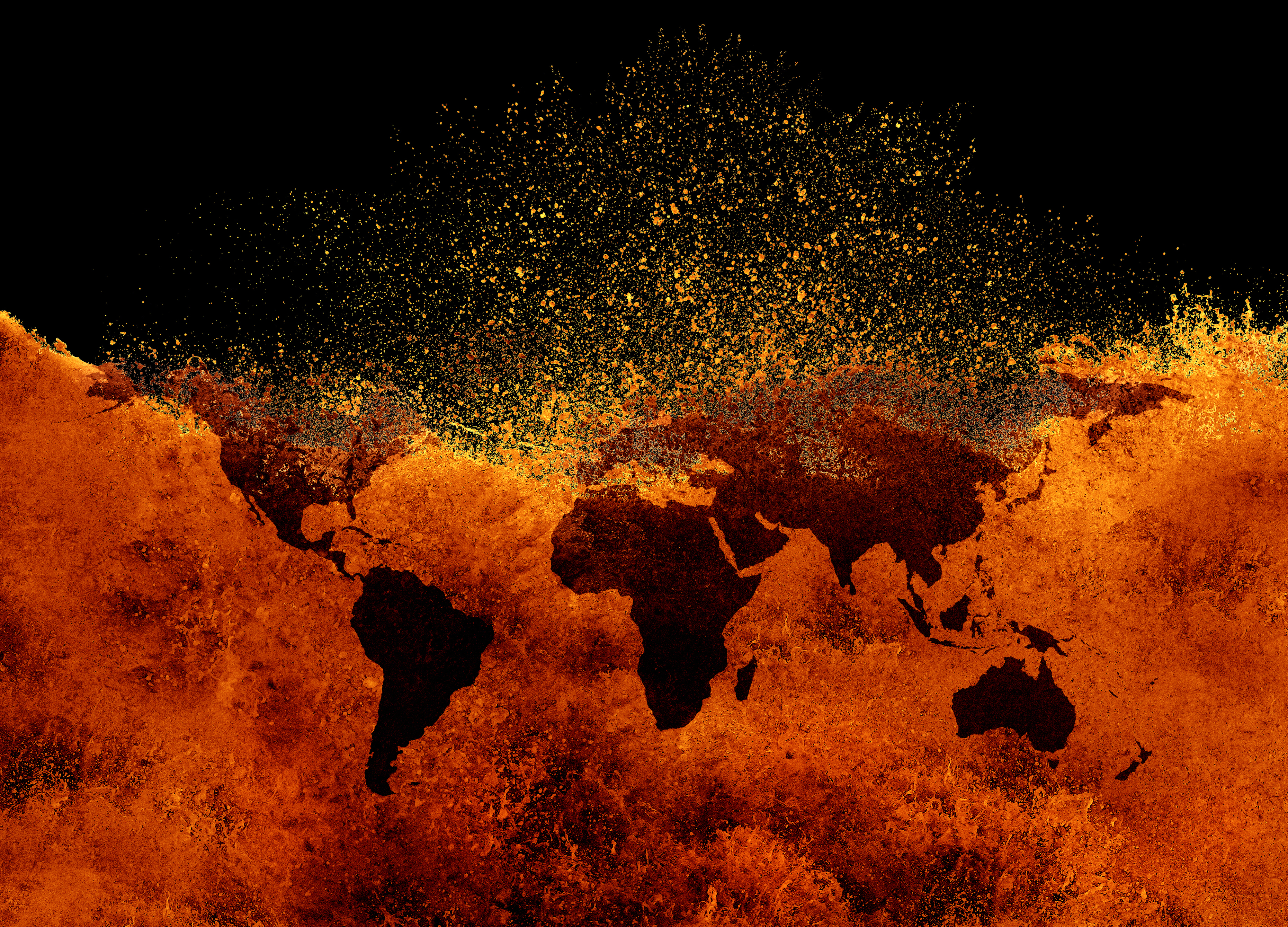
Instructor:
Climate change is here. We know beyond doubt that human systems are affecting planetary processes, with consequences spanning generations, centuries, and millennia. Our sense of time is jumbling. We must think about the effects of climate change on the great-great-great-great grandchildren of those alive today, and beyond them, and simultaneously about the immediate suffering hundreds of millions, even billions, as global climate transforms. “Progress” will not save us. And who is “us” anyway, given that present action or inaction will affect humans and nonhumans into the distant future, even as the immediate consequences will fall most heavily on those who have done little or nothing to bring this crisis on? While the risks are clear, we have more questions than answers about how to respond. How can we know that climate change is upon us and yet fail to act with the purpose and speed required to avoid worst effects? What do we make of persistent climate denial? Have we become collectively stupid? What does this say about “rationality?” Are we at a civilizational turning point? Such questions are the stuff of science, economics, and politics. They are also a matter of moral and ethical inquiry. Climatologists can tell us how planetary systems work. Policy makers can propose solutions, or at least approaches. But they do not speak to values, how we think about them and how we consider human and non-human others in the story we are just beginning to tell of climate disruption.
This is history on the march. Yet we have no broad consensus on what must be done, by whom, or at what pace, even as every year of delay worsens long-term prospects. Are individual actions pointless? What is it that makes concerted action in the face of existential risk so difficult? While we can accept intellectually that change is upon is, what would it be to accept it emotionally? Is optimism necessary for action? Do we need to become very afraid? Part of the challenge is the scale of things. What do global capitalism, economic growth, the fossil fuel industry, and consumerism have to do with it all? Is “degrowth” or “steady-state economics” an answer? Or are we condemned to more of the same? Is it possible to lead a good life in the era of climate change amidst mass suffering? What would it be to respond compassionately to millions of climate refugees? What about the fact that we are experiencing a sixth mass extinction event? Perhaps we need a different sense of historical time. Do future lives (human and non-human) matter less than our immediate desires? Can we learn to be good ancestors? Does the Anthropocene (the term proposed for a new geological age in which humans shape Earth systems) affect how human societies think about time? Does it help to consider our moment and coming years as the history of the future? This course will ask such questions through the ideas and visions of scientists, historians, journalists, novelists, ethicists, activists, and filmmakers to suggest how important it is that as many of us as possible learn to talk knowledgeably and passionately about what scholars have called “the perfect moral storm.”
During our 7 weeks, you will:
• Become conversant with climate change as a broad, scientifically-established phenomenon.
• Learn about the idea of the Anthropocene as a scientific term with moral, social, and political implications.
• Learn the sources and reasons for climate change denial.
• Learn to recognize, criticize, and make ethical and political arguments regarding climate change.
• Seek points of historical comparison that might speak to the magnitude of the challenge humanity faces.
• Consider how people across the planet may experience the reality and threat of climate change very differently, according to race, gender, class, and nationality.
• Learn to talk about climate change as an existential challenge. This course will be driven by conversation and will emphasize oral presentation and argumentation.
• Think about what “historical time” is in relation to climate change and consider whether “historical consciousness” might be reframed as a way of thinking about Earth-Human (Terran?) history.
